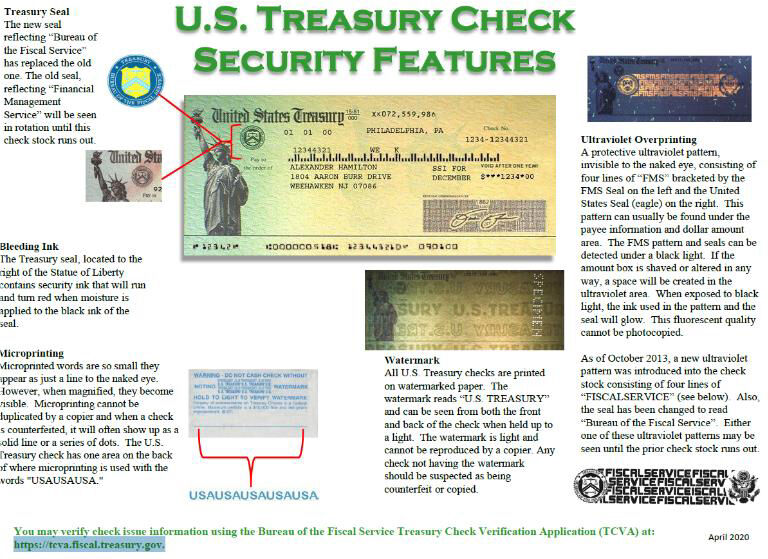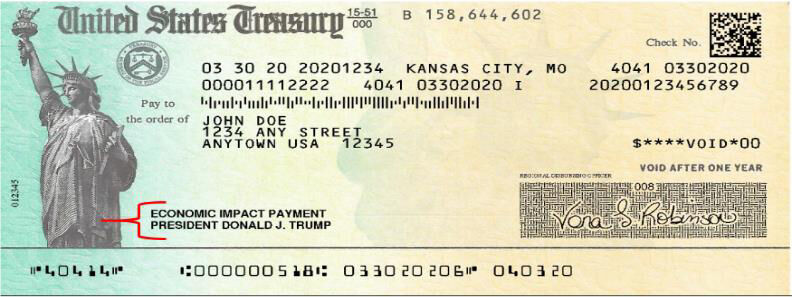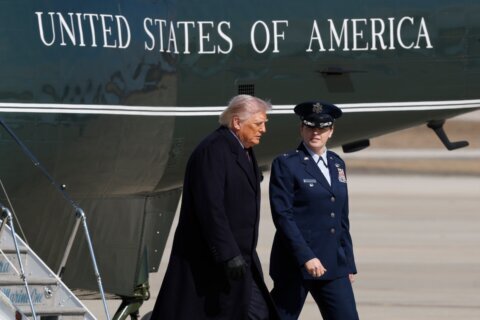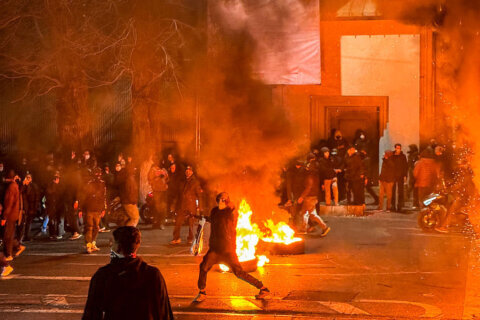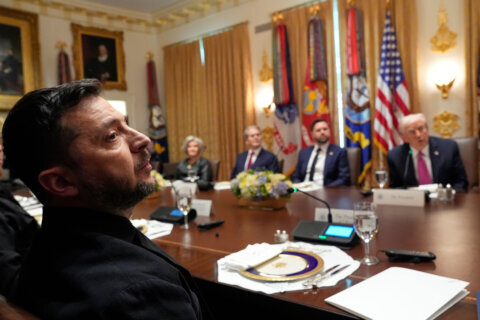Do you know what a government-issued stimulus check looks like?
As U.S. Treasury checks from the $2 trillion Coronavirus Aid, Relief and Economic Security Act (CARES Act) are being mailed and issued to millions of Americans, federal law enforcement authorities are concerned that check fraud will increase.
In response, the Secret Service, in partnership with the U.S. Department of the Treasury, have issued guidance to citizens, retailers and financial institutions to help them detect counterfeit U.S. Treasury checks.
There are six key features the Secret Service urges those receiving, accepting or cashing the checks to look for:
- There is a new Treasury seal to the right of the Statue of Liberty that should say “Bureau of the Fiscal Service.” It replaces the old seal that said “Financial Management Service (FMS).”
- The document is composed of bleeding ink. The seal to the right of the Statue of Liberty, when moisture is applied to the black ink, will “run” and turn red.
- All U.S. Treasury checks are printed on watermarked paper. This specific watermark reads “U.S. TREASURY” and is seen from both front and back when held up to a light source.
- A “protective ultraviolet overprinting” (UV) pattern, invisible to the naked eye, is included. It consists of lines of “FMS” bracketed by the FMS seal on the left and the U.S. Seal (eagle) on the right. According to the Secret Service, “As of 2013, a new ultraviolet pattern was introduced into the check that says ‘FISCALSERVICE.’ Either one of these UV patterns maybe be seen.”
- The words “USAUSAUSA.” are micro-printed on the back of the check.
- Also, the Economic Impact Payment checks will have the following information located on the lower right side of the Statue of Liberty: “Economic Impact Payment President Donald J. Trump.”
- Sign up for news alerts from WTOP
- Where to get tested for COVID-19 in the DC region
- Coronavirus test results in D.C., Maryland and Virginia
- Coronavirus FAQ: What you need to know
- Coronavirus timeline: Key dates as the virus spread in DC, Maryland and Virginia
Authorities urge those seeking more information or to report a COVID-19 related scam, to contact their local law enforcement agency, a Secret Service Field Office, the U.S. Department of the Treasury, Office of Inspector General, the U.S. Treasury Inspector General for Tax Administration at tips.TIGTA.gov, the Internet Crime Complaint Center at www.ic3.gov, the National Center for Disaster Fraud (NCDF), Internal Revenue Service (IRS) and the Federal Trade Commission (FTC).
